
Six hundred thirty-seven cases in England, 4514 US clinical cases in 2023, and only 3 late‑stage antifungal drugs reveal surveillance and treatment gaps.
Abene is currently a freelance writer and editor who contributes to Contagion. She is the former Assistant Editor for Contagion. She can be emailed at: sophiaabene@gmail.com.

Six hundred thirty-seven cases in England, 4514 US clinical cases in 2023, and only 3 late‑stage antifungal drugs reveal surveillance and treatment gaps.

Sabrina Absalon, PhD's research uncovers the essential role of PfAnchor in apicoplast division, opening avenues for targeted antimalarial therapies.

Yael David, PhD, discusses how cccDNA nucleosome positioning drives HBV transcription and how CBL137 disrupts this process to block infection.
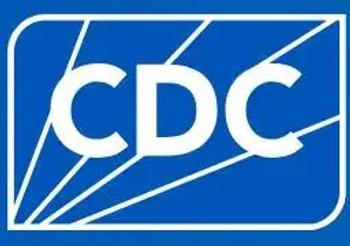
ACIP provides recommendations on meningococcal vaccines, RSV vaccination for at-risk adults, and chikungunya vaccines for travelers and laboratory workers, while also addressing safety concerns and potential expansions of use for each.

Global study reveals sharp rise in deaths linked to high-risk antibiotic use, prompting urgent calls for stewardship reform and surveillance improvements globally.

CDC maintains low public health risk despite more cases, the first reported death, and accelerated vaccine development to enhance pandemic preparedness.

Jeff Fischer, MBA, discusses promising preclinical data on a cross-species, cross-strain influenza candidate with pandemic potential at the 2025 Congress of the European Society of Clinical Microbiology and Infectious Diseases.
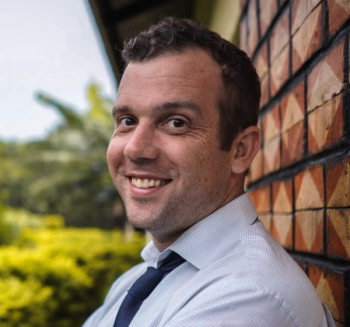
Ross M Boyce, MD, MSc, discusses the diagnostic challenges and the need for greater awareness of tick-borne illnesses in the US, considering their potential severity.

Jane E. Sykes, BVSc (Hons), PhD, MPH, MBA, discussed how her study revealed a wider geographic distribution of valley fever, highlighting the need for improved human surveillance.

A new phase 2 trial raises questions about nirmatrelvir-ritonavir’s broader efficacy, as other studies highlight its effectiveness in reducing mortality among immunocompromised COVID-19 patients.

Investigational sa-mRNA vaccine advances to phase 1 trials for pandemic preparedness.

Switching from tenofovir disoproxil fumarate to besifovir dipivoxil maleate improves renal and bone health without compromising antiviral efficacy.
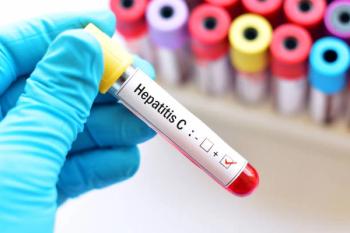
Long-term clinical and economic benefits of an inclusive national HCV program targeting mothers and infants, two often overlooked populations.

Theratechnologies' new tesamorelin formulation provides a simplified, long-acting dosing regimen to effectively manage excess abdominal fat in adults with HIV-associated lipodystrophy.

Study uncovers the role of ploidy plasticity in fungal adaptation to fungicides, highlighting risks for human health and agricultural systems.
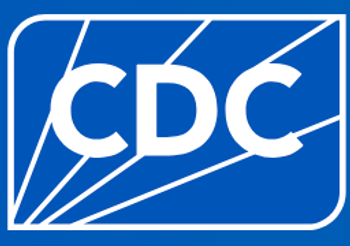
Key updates from the Centers for Disease Control and Prevention on influenza activity, hospitalizations, pediatric deaths, and current trends across the United States.

Environmental contamination plays a larger role than previously recognized, prompting calls for updated infection control strategies.

Sharmeen Roy, PharmD, BCPS, on artificial intelligence (AI) in improving decision-making, reducing adverse drug events on National Adverse Drug Event Awareness Day, and upcoming research on pediatric dosing at the the Congress of the European Society of Clinical Microbiology and Infectious Diseases.

Sharmeen Roy, PharmD, BCPS, discusses the role of AI, real-world evidence, and clinician oversight in optimizing medication dosing for ICU patients.

Sharmeen Roy, PharmD, BCPS, discusses the role of Bayesian dosing, therapeutic drug monitoring, and hospital resource allocation.

In a new study, Marc Ka-Chun Chong, PhD discusses the antiviral's impact on survival and hospitalization outcomes.

Ashraf S. Ibrahim, PhD, outlines safety studies and the potential of this antibody therapy for treating this rare fungal infection, which is seemingly becoming less rare.

Novavax’s COVID-19 vaccine, Merck’s RSV antibody, and Innoviva’s gonorrhea antibiotic await regulatory decisions this quarter.

Ashraf S. Ibrahim, PhD, details over 20 years of research on a spore-coating protein and the development of VX-01 to block fungal tissue invasion.

Ashraf S. Ibrahim, PhD, discusses how VX-01 prevents fungal invasion of blood vessels and enhances immune response in immunocompromised patients.

New 21-valent conjugate vaccine authorized to combat invasive pneumococcal disease and pneumonia in individuals aged 18 and older.
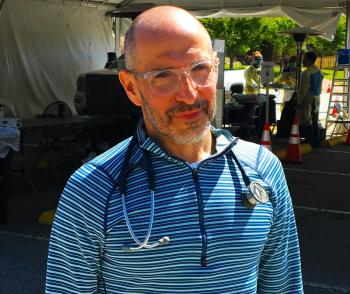
David Wohl, MD, explains the health risks of visceral fat and the role of treatments like Tesamorelin F8 in managing the condition.
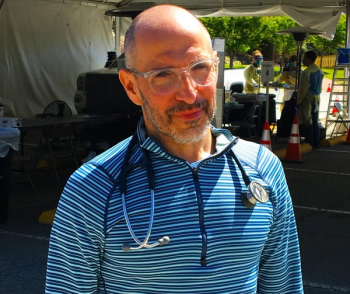
David Wohl, MD, discusses the complexities of diagnosing and the importance of managing ectopic fat in HIV patients.

Heather Platt, MD, discusses Merck’s ongoing research into real-world effectiveness and cost-effectiveness and offers a preview of data to be presented at ESCMID 2025.
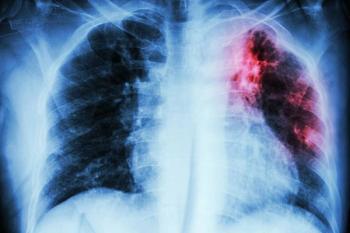
Studies highlight the role of home visits, chest radiography, and sputum monitoring in TB prevention and treatment outcomes.